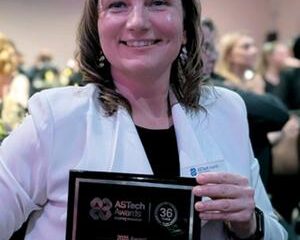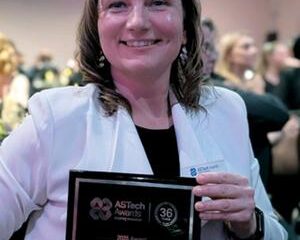Education
UCalgary Graduate Students Demand Fair Funding from Alberta Government

Graduate students at the University of Calgary are raising urgent concerns over funding inadequacies affecting their educational experience and future prospects. In a letter addressed to Alberta’s Minister of Advanced Education, Myles McDougall, along with Minister of Finance Nate Horner and Minister of Technology and Innovation Nate Glubish, the University of Calgary Graduate Students’ Association (UCGSA) highlighted that current funding levels are insufficient to meet the rising cost of living in Alberta.
The UCGSA argues that this underfunding is detrimental not only to graduate students but also to Alberta’s overall research output and the quality of undergraduate education. They emphasize that inadequate financial support is driving talented individuals away from the province, undermining the competitiveness of Alberta’s post-secondary system.
To address these issues, the UCGSA has proposed a three-tier, merit-based scholarship model that would parallel existing federal Tri-Council programs. This new system would offer incentives for interdisciplinary and industry-linked research, potentially leading to a revenue-neutral outcome by reducing reliance on student aid and stimulating economic activity through enhanced research initiatives.
Under the proposed model, the top 25 percent, 5 percent, and 1 percent of graduate researchers would receive progressively higher awards, with the best-performing PhD students eligible for scholarships of up to $24,000 per year. Andrew Kemle, Government and External Relations Manager for UCGSA, stated that this tiered approach aims to increase financial support for as many graduate students as possible.
“In addition to their other forms of income, graduate students wouldn’t have to live together in an apartment with five other people to try and save money on rent,” Kemle remarked, highlighting the potential benefits of the scholarship system. This model not only serves as a retention tool but also as a recruitment strategy. “There’s both the monetary element and hopefully the symbolic element to say, ‘hey, we have this very lucrative meritorious scholarship program in Alberta,’” he added.
The UCGSA conducted extensive surveys and engaged in discussions with graduate students to assess the financial challenges they face. Their findings indicate that many are burdened by significant debt levels, which, while not as severe as in the United States, still exceed the Canadian average. Kemle noted that this financial strain distorts labor market choices for graduate students after graduation and incentivizes them to seek opportunities in other provinces or countries.
Currently, Alberta’s stipends for graduate students are uncompetitive compared to both national and international standards. Kemle pointed out that graduate students contribute significantly to university research and teaching, and their underfunding is damaging the province’s post-secondary sector.
The impact of financial stress extends beyond mere economics. Kemle explained that when funding is tight, mental health deteriorates. “If you’re hungry or housing insecure, it’s going to be harder for you to put forward the best research possible,” he stated. This struggle ultimately compromises the quality of undergraduate education, creating a detrimental cycle that affects the entire academic community.
As Alberta grapples with these funding challenges, the UCGSA’s proposed scholarship model could serve as a critical step toward fostering a more supportive environment for graduate students. By addressing funding concerns, Alberta has the opportunity to enhance its post-secondary system, retain talent, and improve the educational experience for all students involved.
-

 Politics2 weeks ago
Politics2 weeks agoSecwepemc First Nation Seeks Aboriginal Title Over Kamloops Area
-

 World4 months ago
World4 months agoScientists Unearth Ancient Antarctic Ice to Unlock Climate Secrets
-

 Entertainment4 months ago
Entertainment4 months agoTrump and McCormick to Announce $70 Billion Energy Investments
-

 Lifestyle4 months ago
Lifestyle4 months agoTransLink Launches Food Truck Program to Boost Revenue in Vancouver
-

 Science4 months ago
Science4 months agoFour Astronauts Return to Earth After International Space Station Mission
-

 Technology3 months ago
Technology3 months agoApple Notes Enhances Functionality with Markdown Support in macOS 26
-

 Top Stories1 month ago
Top Stories1 month agoUrgent Update: Fatal Crash on Highway 99 Claims Life of Pitt Meadows Man
-

 Sports4 months ago
Sports4 months agoSearch Underway for Missing Hunter Amid Hokkaido Bear Emergency
-

 Politics3 months ago
Politics3 months agoUkrainian Tennis Star Elina Svitolina Faces Death Threats Online
-

 Politics4 months ago
Politics4 months agoCarney Engages First Nations Leaders at Development Law Summit
-

 Technology4 months ago
Technology4 months agoFrosthaven Launches Early Access on July 31, 2025
-

 Lifestyle2 months ago
Lifestyle2 months agoManitoba’s Burger Champion Shines Again Amid Dining Innovations



















